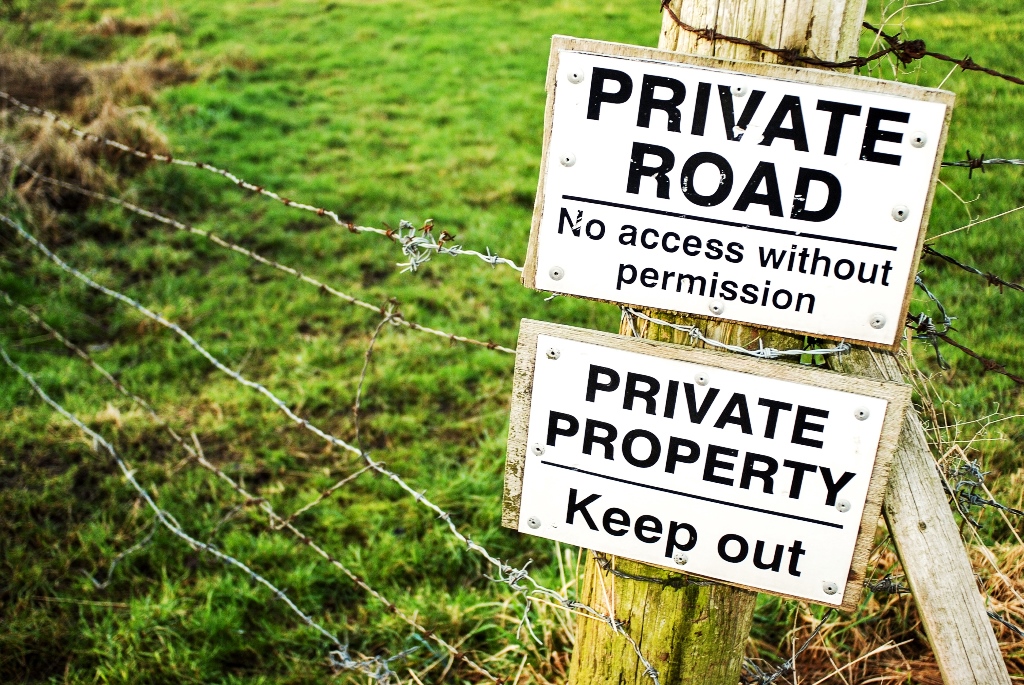
The subject of Adverse Possession has been debated in various fora in Kenya stimulating profound interest within the public domain. In this article we seek to demystify the concept of adverse possession and advise our esteemed clients and partners on how to avoid claims of adverse possession.
What is Adverse Possession and How does it Affect Land Ownership in Kenya?
Definition
Adverse Possession has been defined as a method of acquiring title to real property(land) through actual, open, hostile and continuous occupation (notorious occupation) of the land at the exclusion of the true, registered owner for a period prescribed by Law.
Here in Kenya, the period for notorious occupation is 12 years as Stipulated under the Limitation of Actions Act, Cap 22 of the Laws of Kenya. For one to Claim and acquire Title under Adverse Possession, they ought to establish and satisfy certain conditions under the Act which have been elaborated in case law.
Conditions for an Adverse Possession Claim
- The Party claiming ownership ought to have occupied the premises for a minimum period of twelve Uninterrupted years – The Limitation of Actions Act, Cap 22 of the Laws of Kenya prescribes a minimum period of 12years before one can make a claim to Court for ownership of land under adverse possession. This Position has been applied in different pronunciations of Courts adjudicating on Adverse Possession claims. In order to be entitled to land by adverse possession, the claimants must prove that they have been in exclusive possession of the land openly and as of right and without interruption for a period of twelve years. The 12-month period of occupation must have also been continuous, peaceful and uninterrupted.
- The occupation of the property ought to have been non permissive and non-consensual – The Claimant has the obligation to prove to Court that they encroached the property and continued to occupy the property for the twelve Uninterrupted years without the consent of the Owner of the Property. This shall not apply where the owner is a Lessor and the Claimant is the Tenant or Lessee as the occupation over the property is pegged on an established relationship.
- The occupation ought to be open and Notorious – The Claimant is required to demonstrate that the occupation of the property for the twelve continuous years was public to the extent of showing that the Claimant’s possession is adverse to the registered owner. This initiated by a wrongful disposition on the land of the registered owner which is visible to all and is exclusive, hostile and continuous beyond the twelve-year period.
Initiation of the Process of Adverse Possession.
An Adverse Possession Claim is initiated at the High Court of Kenya with territorial jurisdiction over the property. Territorial jurisdiction shall be the competence of the respective Court, depending on the location of the Property, to hear and determine the claim or any other claim presented before it. The Claim under adverse possession is initiated through an Originating Summon under the Civil Procedure Act and the Limitation of Actions Act.
How to avoid Adverse possession claims
Adverse possession is a means of acquiring land without making any considerations or payments towards the acquisition. This process and its results cause anguish to the True and Registered Owners who have to relinquish their rights to the Property without consideration or gain. It is therefore extremely vital for land owners to take the following precautionary measures to prevent loss of land:
- Secure your property by erecting a fence and barriers – This will prevent squatters and trespassers from accessing the property which may ultimately lead to their qualification for adverse possession claims;
- Putting up signs on unoccupied property prohibiting encroachment and trespassing on the land – Not only does this act as a deterrence against potential squatters, it also serves as proof of notice against any trespassers. The occupation shall therefore be interrupted.
- Regular Monitoring of the property – Ensure that you regularly visit all your properties and establish that there are no forms of encroachment. You need to have an adequate understanding of the size of your properties and be aware of all the developments on it.
- Prompt addressing of encroachments – If you discover a trespassing or a likely encroachment on your property, we highly recommend that you address it immediately through notices of eviction, or demand for rent emanating from such occupation. Any delays may result in claims being made against your title.
- Use Tenancy/ Lease Agreements – Out of compassion, one may allow their relatives or persons in dire need for shelter to occupy one of their various properties. Such arrangements are often done without written agreements. Ultimately, the ‘Tenants’ make their claims for adverse possession, usurping the Registered Owner’s right in the property. Such challenges may also be brought about with leases or long-term tenancies that are not agreed upon in writing. We highly encourage property owners to have agreements that confer certain rights in the Properties being let out. In the even the Tenant/ Lessee initiates an adverse Possession Claim, the rightful owner shall present the signed agreement to court thus refuting and rebutting the Claimant’s position.
Conclusion
The Subject of Adverse possession has been mooted since the dispensation of the Constitution of Kenya, 2010. The debate revolves around the Right to Property as guaranteed under Article 40 of the Constitution of Kenya, 2010.
Such debates have been advanced by Judges who have questioned the rationale behind individuals claiming title to land through adverse possession yet they have not paid consideration towards its purchase. Justice Ouko, for instance finds no justification in encouraging acquisition of land through adverse possession.
However, he rightfully finds out that a claim under adverse possession and a resultant Court’s award of title is not inconsistent with the provisions of the Constitution. We encourage our clients and partners to exercise precaution and take the necessary preventive measure to protect their hard earned and acquired property.
Disclaimer
The content of this document is intended to be of general use only. For specific legal advice on Optiven Limited Real Estate Investments please do not hesitate to contact us through the contact details contained below.
Email: legal@optiven.co.ke
Telephone: 0790 300300



